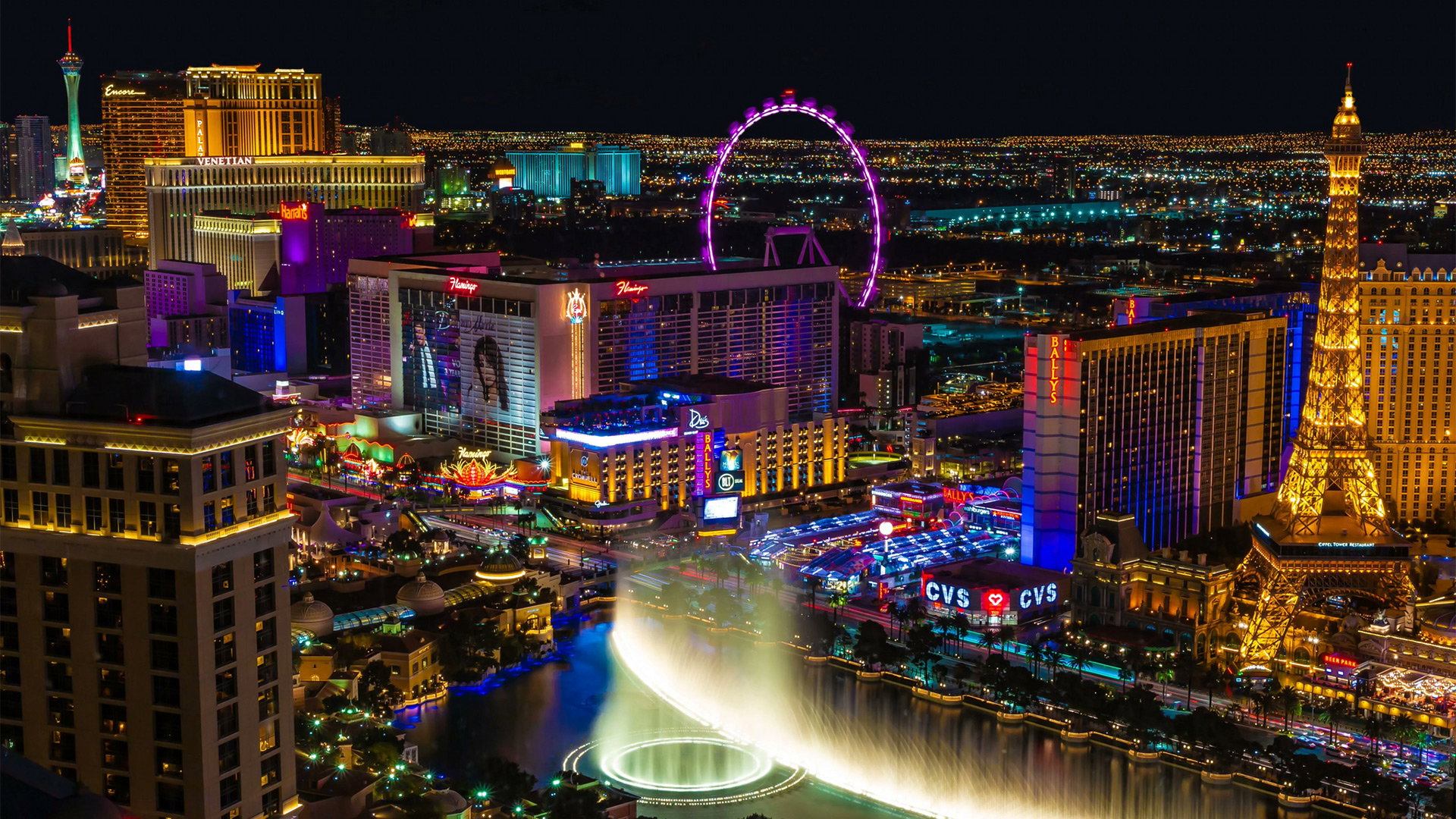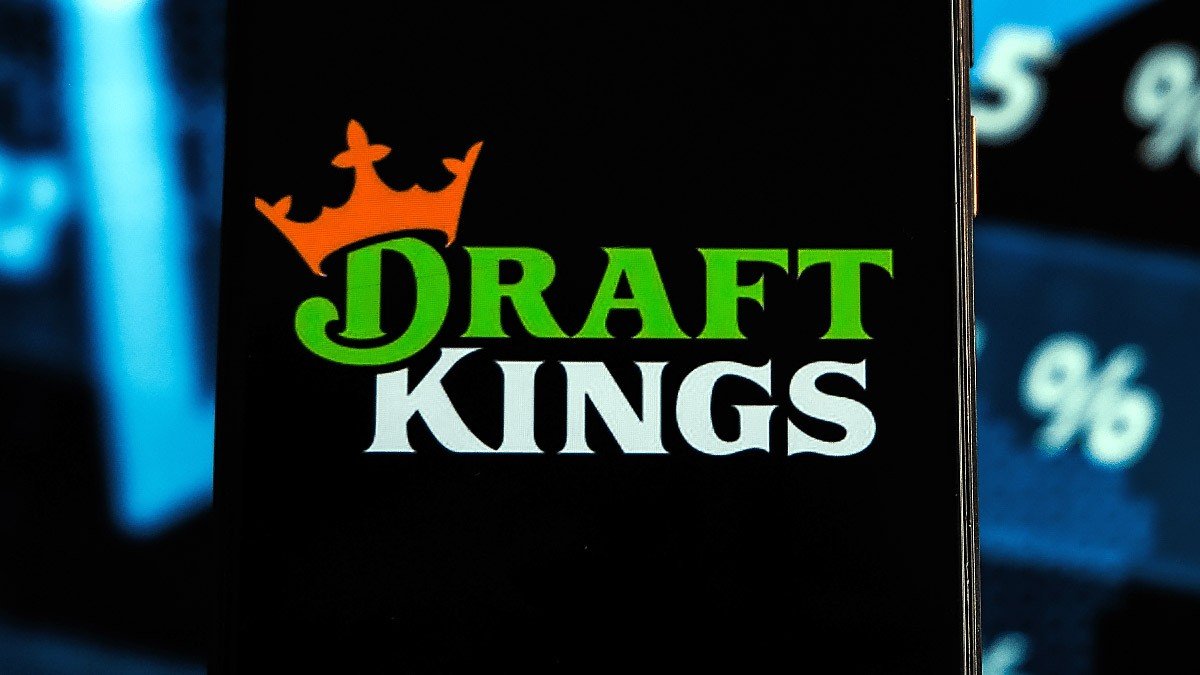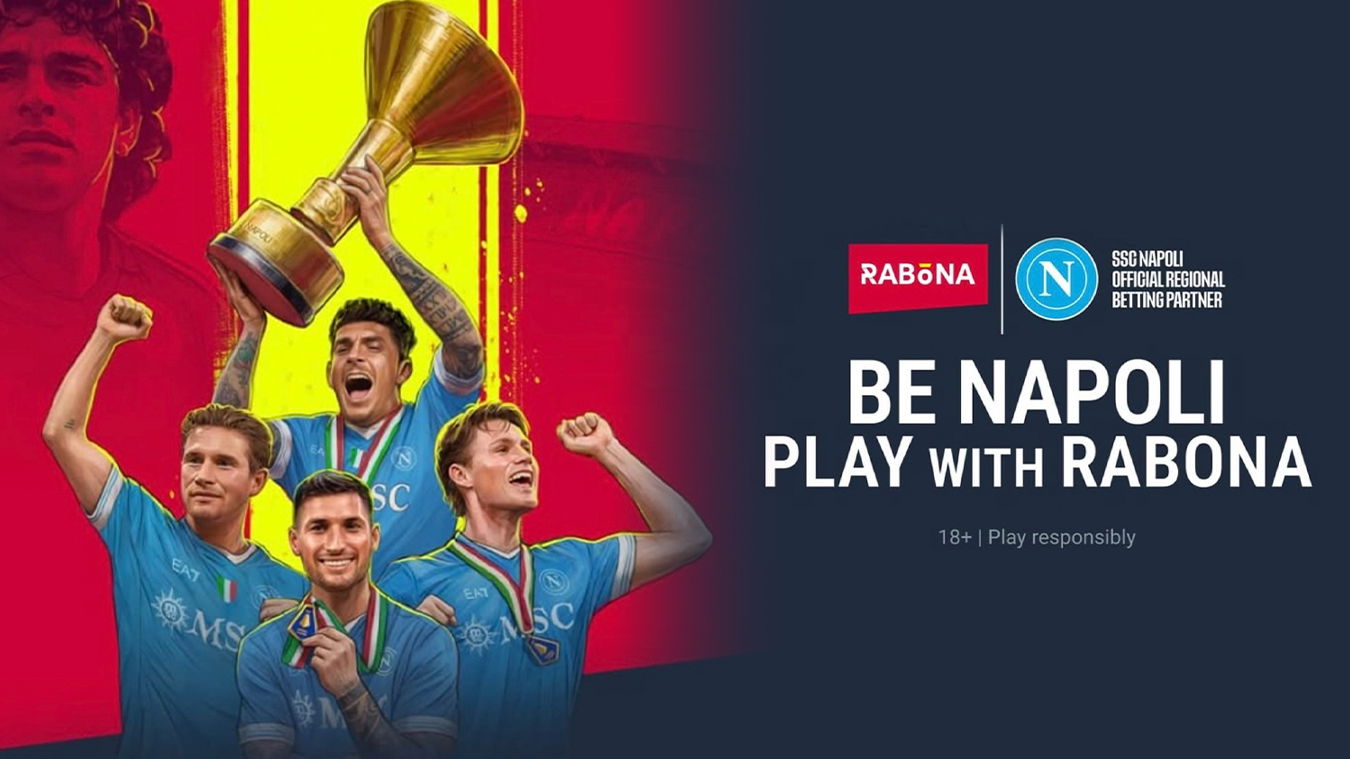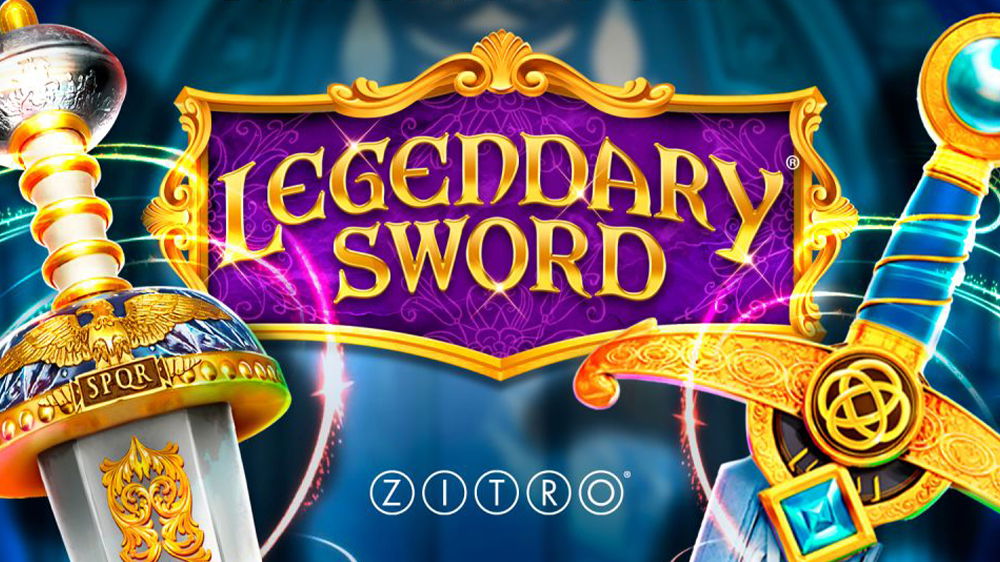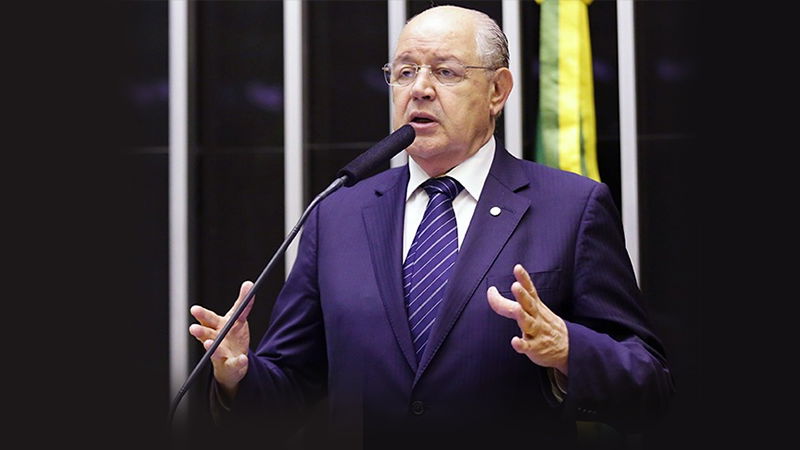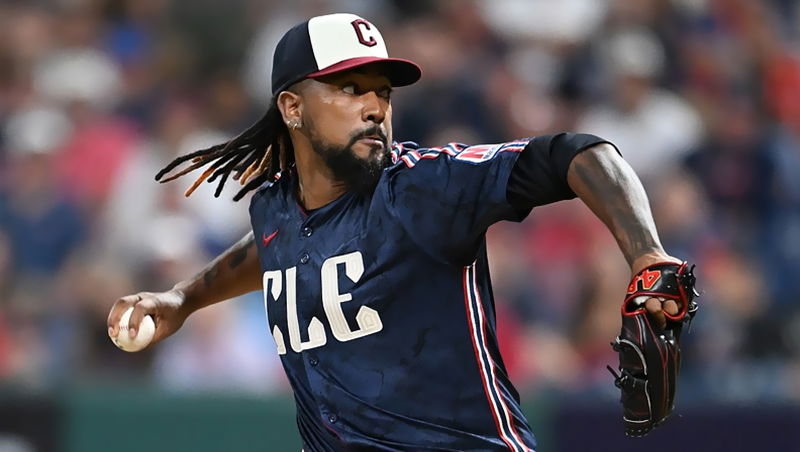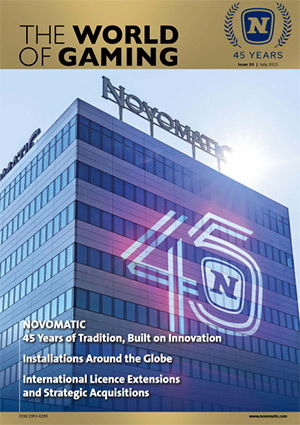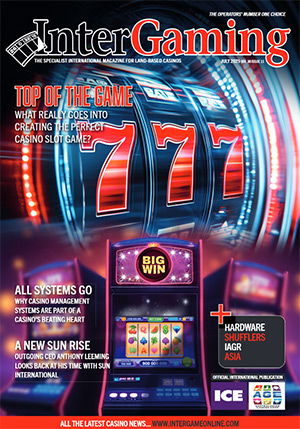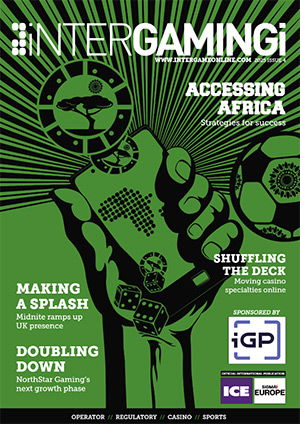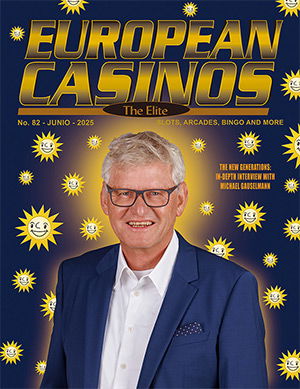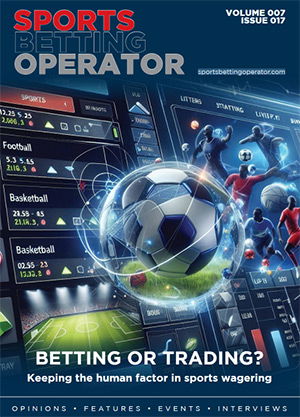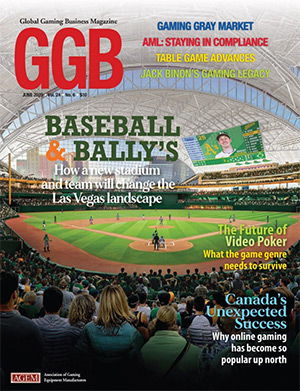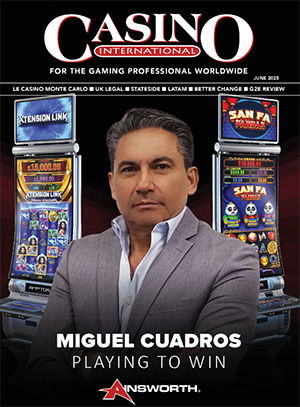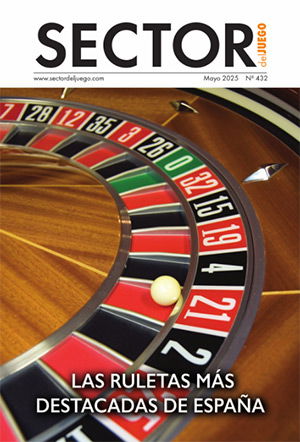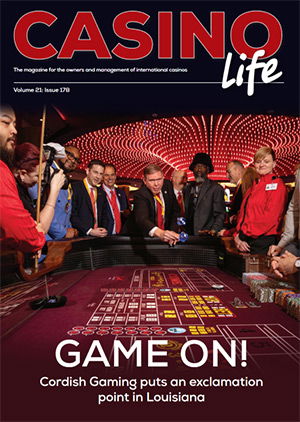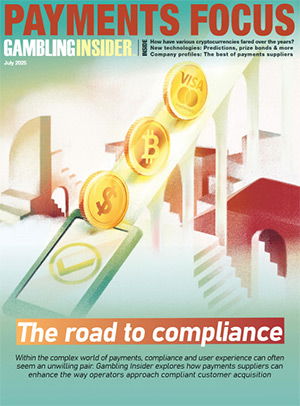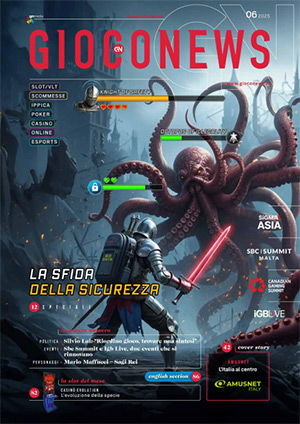Push for Historical Horse Racing machines stalls under tribal opposition in California
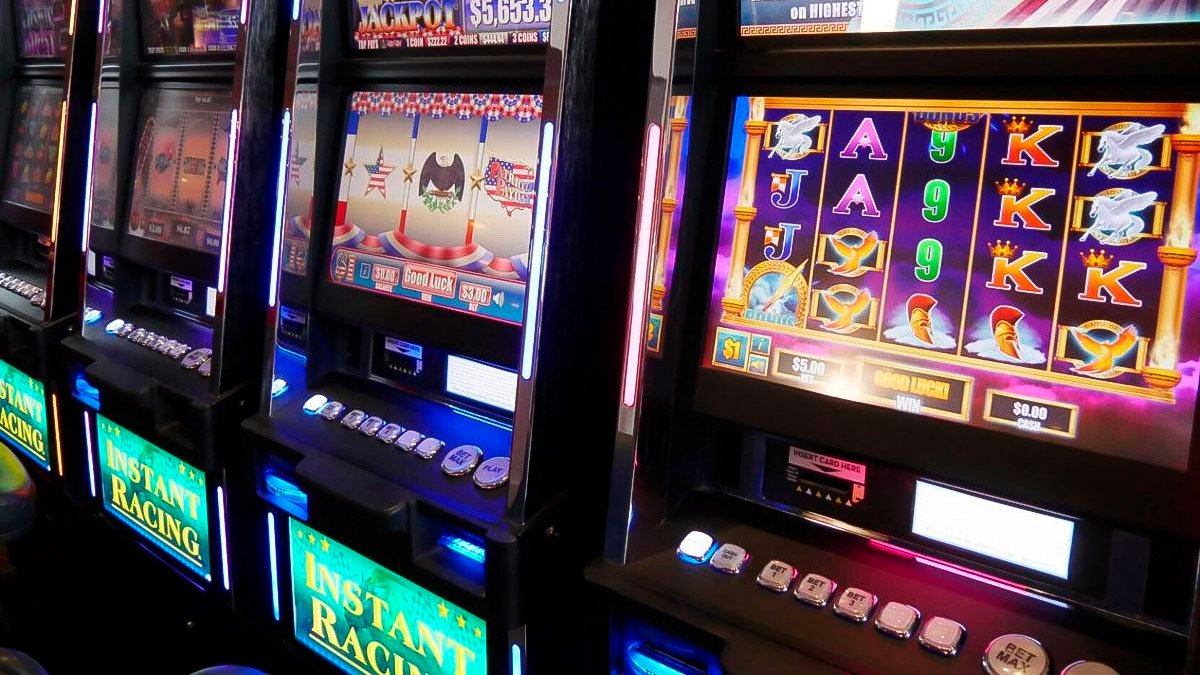
California’s struggling horse racing industry is confronting new setbacks in its push to install Historical Horse Racing (HHR) machines, as a recent opinion by state Attorney General Rob Bonta and mounting tribal resistance cast doubt on the feasibility of the plan.
Bonta’s decision earlier this month to determine that daily fantasy sports are illegal sports betting reaffirmed tribal sovereignty over gaming, further limiting the state’s already narrow gambling landscape.
The move casts doubt over efforts by racetrack operators and industry executives to generate new revenue streams by introducing HHR machines, which resemble slot machines and have helped support racing in other states, as reported by the Los Angeles Times.
Tribal leaders, who hold exclusive rights to operate slot machines under Proposition 1A passed in 2000, have made clear they will fiercely oppose any attempts to bypass or undermine their gaming exclusivity.
“The chances of horse racing ramming something past the tribes are slim and none,” said Victor Rocha, conference chair of the Indian Gaming Association. “It is a dying industry... If they go down that path [without us], there will be a fight.”
California’s horse racing industry has been in steady decline, marked by falling foal crops, shrinking purses, and an aging fan base. While Santa Anita Park posted a modest increase in betting handle this past season, the gains came largely from the closure of Golden Gate Fields in Northern California and a redistribution of wagers.
Industry insiders have long identified HHR machines as a potential lifeline. But of the five pathways once considered for legalization - including ballot initiatives and limited rollouts without tribal consent - only one or two remain viable, insiders say.
A working group, including Aidan Butler of 1/ST Racing, Scott Daruty of The Stronach Group (TSG), Josh Rubinstein of Del Mar, Santa Anita official Keith Brackpool, and Bill Nader of the Thoroughbred Owners of California, has been leading the initiative. However, progress has been elusive, with all members under nondisclosure agreements and the California Horse Racing Board (CHRB) uninvolved in current negotiations.
“The CHRB is very much in favor of a purse supplement and will aid in seeking that,” said CHRB Executive Director Scott Chaney. Still, he cautioned, “It’s a lot more complicated than just putting machines in. There is a lot of regulation no one wants to talk about.”
Butler, president of 1/ST Racing, confirmed to the Los Angeles Times that there have been discussions with industry partners and some tribal representatives, but emphasized the sensitivity of the issue.
“You can’t litigate or negotiate in the media,” he said. “Anything you do has to be so tactfully thought through. You’d love to say we’re doing this or we’re doing that, but the bottom line is that anytime you put a statement out there, it’s dangerous to the overall strategy. Context is everything.”
Rocha, however, questioned both the sincerity and viability of these efforts.
“The whole argument that [Historical Horse Racing machines] will save horse racing is false,” he said. “The only thing that can save horse racing is the second coming.”
Others in the racing world echoed concerns about long-term sustainability.
“If the current economic model is that we need outside revenue, then it is unsustainable,” said Marshall Gramm, a horse owner and professor of economics at Rhodes College. “I’m very worried about The Stronach Group’s commitment to racing overall.”
While some legal scholars suggest CHRB may have the authority to authorize HHR based on past legal opinions, they note the political headwinds are formidable.
“Politically, that’s really going to be difficult because the tribes have such power in the Legislature,” said gambling law expert I. Nelson Rose. “The tracks just can’t compete politically with the tribes.”
According to a source familiar with internal discussions, Bonta’s office previously explored the legality of HHR with out-of-state operators but concluded the machines were not permitted under California law.
Despite waning influence and uncertain prospects, some in the industry continue to explore narrow options for approval, including potential partnerships with individual tribes.
But Rocha issued a stern warning: “Even if they make a deal with one tribe, it better be the right deal. The tribes see it as the camel’s nose under the tent.”
With few legal avenues and strong tribal opposition, the road ahead for Historical Horse Racing machines in California appears increasingly narrow, leaving the state’s racetracks searching for alternative lifelines to ensure their future.


